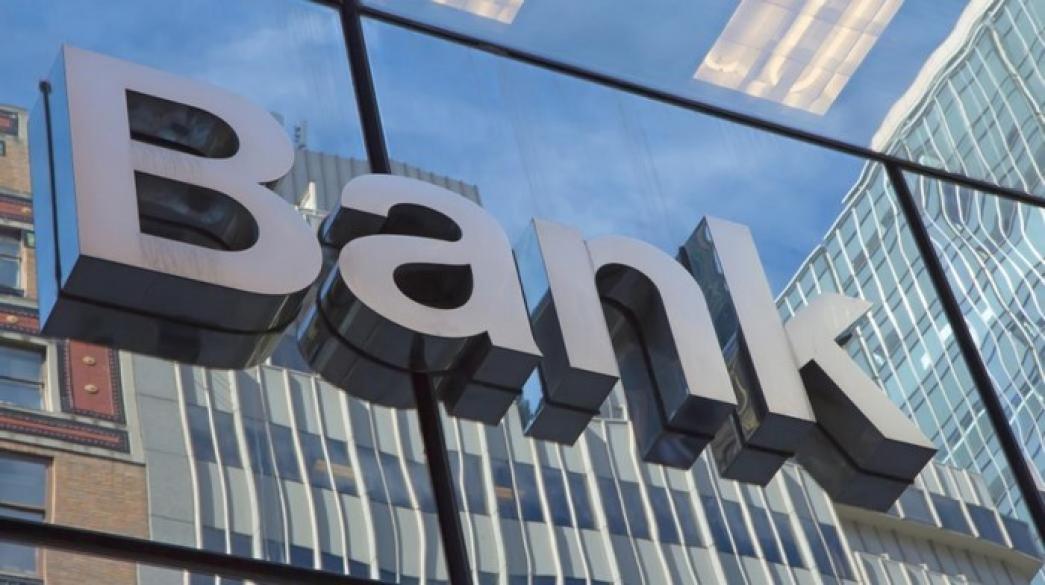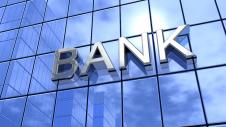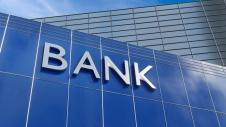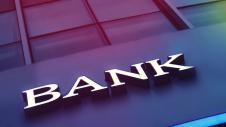The behavior of bank stocks in recent weeks is reminiscent of 2015 as the specter of a new major recession, due to the pandemic, triggers concerns about trapping the industry in a new vicious circle.
A deep economic recession that will lead to a jump in unemployment and a new rise in non-performing loans, shaking once again the capital base of banks and is raising the prospect of a new recapitalization, with the final result being the annihilation of old shareholders. That is, investors who in 2015 invested in the prospect of the Greek adventure coming to an end and banks recovering.
These fears are reflected in the stock market: yesterday the banking index plunged by 10.54 percent, dragging down the general index, which closed with losses of 2.59 percent. Since the beginning of the year, the general index has fallen by 35 percent while the bank index has given up 65 percent.
The situation with European and American banks is similar. Losses booked by domestic banks are almost double as the pan-European index of banks has declined by 35 percent while US bank shares have fallen by 28 percent, however, there is a big difference: banks in the EU and US are declining from high levels while domestic banks are plummeting towards historic lows.
Alpha Bank shares closed yesterday at 0.60 euros, down 70 percent from the recapitalization price in 2015 (2 euros), Eurobank at 0.33 euros, 67 percent off from the 2015 share capital hike (1 euro), National Bank at 1.06 euros, about 64 percent lower than the 2015 capital increase (3 euros) while the share of Piraeus Bank is at 1.12 euros versus 6 euros which was the price of shares sold in 2015 (-81.33 percent ). It should be noted that these losses are in line with 2015, a year that could be described as a disaster year for banks, with the introduction of capital constraints that pushed sector prices to (then) historical lows.
Fears of bad debt tsunami
It is no coincidence that even before the pandemic, bank shares could not exceed the prices from the 2015 capital hikes. Even last summer, with the optimism caused by the sweeping prevalence of New Democracy in the early elections, this did not happen.
Low bank share prices, despite the significant improvement in the domestic economy from conditions in 2015, was the result of limited progress in reducing bad loans: at the end of 2019 domestic banks showed loan delays more than ten times levels seen in Europe, with many investors doubting whether the mountain of 68 billion euros of non-performing loans could be dealt with without fresh capital.
The limited progress, and doubts about the capital strength of banks, led the Bank of Greece in 2018 to present a special plan to tackle NPEs (and deferred tax credits) and the government guarantee plan, presented by the HFSF and adopted by the Finance Ministry eventually shaped the "Hercules Plan." At the same time, banks took action in a bid to seek a final solution to the NPE problem. However, although significant steps had been taken, they were not able to complete their plan.
Thus, the unprecedented destabilization and disruption to the economy caused by the pandemic finds banks lacking a strong position, under the weight of yesterday's problems, and even more so, it threatens them with a new wave of non-performing loans, reviving fears about a new recapitalization.
Banks and investors are trying to estimate the amount of new bad loans that will arise, due to the recession caused by the pandemic, with some analysts talking about a spike of at least 10 billion euros.
And some, who look further on, are worried about how domestic banks, given their weak position, will be able to break free from the ECB's emergency measures, which concern both liquidity and capital boosts, when they will be withdrawn as conditions return to normal.
The good scenario
The above justify concerns but not everything is black. The new crisis that is once again testing the resilience of the country and the banks is radically different from the previous one that led to recapitalizations. Greece is not the "black sheep" of Europe, a country where, according to some creditors, nothing works as Greeks just ask for more money without taking responsibility.
This time Greece is a victim, just like the whole of Europe, of an extreme foreign event, a deadly pandemic, and this time the country is effectively facing health challenges. This peculiar situation has led the ECB to an unprecedented boost to European banks' liquidity, capital, and the loosening of regulations on bad loans. Benefits that domestic banks are also enjoying.
Additionally, bank executives estimate that new bad loans will be significantly lower than 10 billion euros. They estimate that they will be closer to 5 billion euros with the possibility of a positive surprise in the event of a quick restart to the economy, an amount that is manageable given the greater flexibility offered by the supervisory authorities. If this scenario is verified, then there is no question of a recapitalization.
Yesterday, Bank of Greece governor, Yiannis Stournaras, speaking in an online discussion of the Delphi Economic Forum, appeared optimistic, saying that Greece will avoid the worst-case scenarios for the recession and that the main scenario for 2020 is a forecast GDP contraction of 4 percent.
Furthermore, the emergency situation has restored consultations between the ECB and the Commission on the possibility of creating a bad bank, in which all the problematic elements of bank balance sheets could be offloaded, something that may drastically change conditions for banks if DG Comp's opposition is overcome.
Yiannis Papadogiannis









